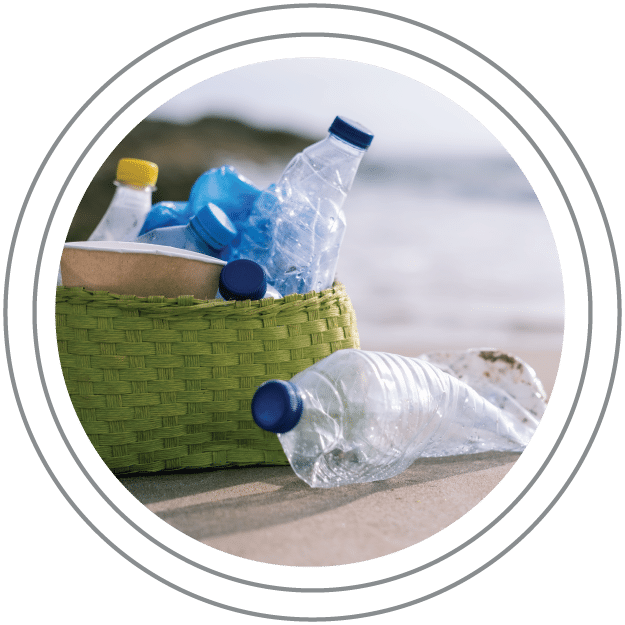Success Story
CirKular+ ReNew
ENABLING A CIRCULAR ECONOMY THROUGH VALUE CHAIN PARTNERSHIP
Value chain collaboration is instrumental in achieving progress toward a circular economy. Collaboration within the supply chain can significantly improve operations by reducing costs, enhancing processes, and advancing sustainability. We are proud to work with SABIC to produce the CirKular+ ReNew Series, our latest ISCC PLUS Certified renewable styrenic block copolymers (SBC) portfolio.
Developed in our Berre, France manufacturing facility, the newly launched CirKular+ ReNew Series expands Kraton’s existing suite of CirKular+ solutions designed to advance the circular economy. With up to 100% certified renewable content, the series allows customers to use the mass balance approach and adopt ISCC PLUS certification to produce renewable products without compromising performance or quality. This approach combines renewable and fossil fuel feedstocks in the production process, enabling the tracking of renewable content in the value chain and attributes it based on verifiable bookkeeping.
The new suite of HSBC polymers is produced using SABIC’s ISCC PLUS certified renewable butadiene from the company’s TRUCIRCLE™ portfolio of circular solutions. The butadiene derives from animal-free and palm oil-free ‘‘second-generation” renewable feedstock, such as tall oil from the wood pulping process in the paper industry. Each ton of renewable butadiene cuts fossil depletion by up to 80%.
The CirKular+ ReNew Series is an innovative, sustainable solution ideal for consumer durable, automotive, and adhesive applications. By collaborating with SABIC, we can help compounders, formulators, and brand owners reduce fossil-based materials, lower their carbon footprint, and incorporate certified renewable feedstock into their products.
Kraton CirKular+ solutions are engineered to address industry challenges such as end-of-life product recyclability, post-consumer resin (PCR) quality, and limited reusability of mixed plastic waste. CirKular+ additives can improve product design recyclability, maximize recycled content, and enhance PCR performance in many end-use applications by enabling a holistic approach to product lifecycle.
FEATURED

